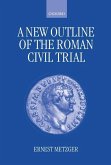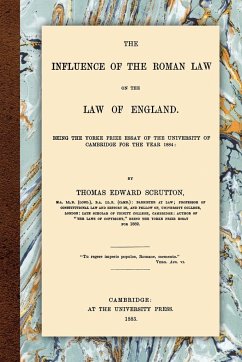Few legal institutions developed solely under the Roman Empire, but there is one which can provide a rare illustration of the emperors' involvement in building private law: although Roman law did not recognize a 'trust' in the same sense as it is used in common law today, it did develop a device - the fideicommissum - which achieved very similar ends. It has remained largely ignored, and yet it is an ideal case study in the evolution of law. As the most versatile institution of Roman inheritance law, it crucially affected the strategies of succession open to testators, and gives insights into a social history of testators' ambitions and legislative concerns. Over six centuries the trust expanded at the expense of established legal institutions, and with Justinian's reforms it finally became dominant. This book studies the history of the trust and its rise to prominence, with reference to the possible influence of the Roman 'fideicommissum'.
This book traces the development of the Fideicommissa (trusts) in Roman law from late republican times to the codification under Justinian, examining an area of Roman law that is thought to have had considerable influence on the common law development of trusts.
This book traces the development of the Fideicommissa (trusts) in Roman law from late republican times to the codification under Justinian, examining an area of Roman law that is thought to have had considerable influence on the common law development of trusts.








